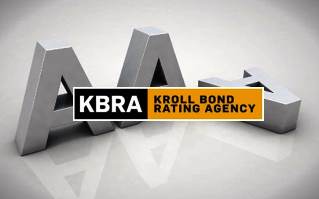Potential “Greenwashing” and Industries at Risk Show Why ESG Rating Agencies Have a Massive Role to Play, But Can They Do It?

Today’s post reacts to an article in the Financial Times from Monday, entitled ‘ Oil and Gas Lobby moves to embrace green investors ’. There are some really concerning elements to the article (what it reports, not how it reports them) and the thought occurred that ESG rating agencies (aka Sustainability Rating Agencies, like Sustainalytics or MSCI) will have a massive role to play in guarding against so-called ‘ greenwashing ’ – where an entity would dress up their operations solely to look good to ESG investors, rather than actually committing to the principles – and, more importantly, whether they have the fortitude, capability, and authority to take on that vital role. The article focuses on the development of a ‘ ESG Centre ’, a new initiative put together by the Independent Petroleum Association of America . The IPAA has enlisted the help of FTI Consulting, who as a business advisory and public relations firm, are now advising the trade body and its members of how to be...


